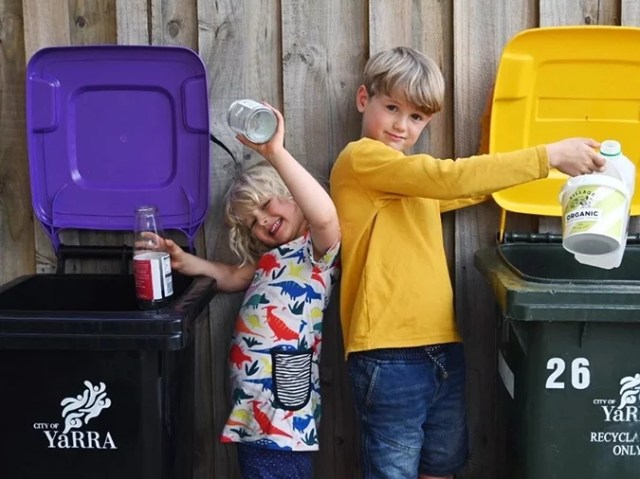
Huge price increases in energy and significant glass bottle shortages have resulted in the cost of new glass bottles increasing by 80 per cent since this time last year, according to sustainable solutions company Diversey.
The global company, which has an operation in NSW, said with more energy price increases inevitable, protecting a returnable bottle fleet has never been more important to maintain brand values and a bottom line.
But, how can one reduce the significant costs of removing damaged bottles early from your production cycle?
“A reusable system is, despite high transport costs, the more environmentally friendly option and conserves limited resources. It is also a brand positive, when your customers have high awareness of the environmental impact of energy use and emissions and prefer to buy beverages in refillable containers,” the company said.
“The high carbon footprint of glass bottles – the industry average consumes 1.2 tons of equivalent CO2 for every 1 ton of new glass bottles – ensures the returnable option remains essential to maximise sustainability and to keep costs lower. However, accepting a trade-off of cost and appearance results in brand damage and therefore is not an option.”
Diversey has a returnable glass BottleCare programme where brewers can extend the life of their bottle fleet by up to 50 per cent.
Protective cleaning technology, along with cosmetic treatments, prevents damage – which means bottles remain in circulation for longer. BottleCare is designed to improve the appearance of returned bottles, avoiding impact on customer satisfaction, while maximising the return on investment in a bottle fleet.
The programme incorporates two products brewers can apply as standalone initiatives, or combine as complementary solutions.
However, the returnable bottles are also subject to a very physical process and are susceptible to damage during the washing cycle and the conveyor belt transportation that follows. Routine exposure to high temperature and harsh chemicals begin the process of corrosion.
Gradually, bottles develop very noticeable scuff rings – typically at two points just below the neck and on the bottle’s base. Bottles rub together, or create friction in contact with the guide rails of the filling and packaging system, as well as in transportation.
Glaze removal only accelerates scuffing on the next cycle, and each subsequent cycle. The more the bottles are used, the more the deterioration of their appearance is accelerated. This whole cycle may occur anything from 20 to 50 times for the life of a glass bottle, until it finally reaches the point of breaking; or is discarded due to its deterioration and poor appearance.
As such, Diversey have developed DivoBrite Defend to protect the glass, while delivering cleaning power equivalent to the most corrosive detergent choices currently available. The chemistry used is non-EDTA or Phosphate based, ensuring a better environmental profile.
“This sustainable additive is dispensed through conventional dosing equipment employed on existing bottling lines, delivering high performance cleaning and superior glass protection – compared to single or multi-product conventional heavy duty bottle washing additives – and at a lower, more economic consumption rate,” the company said.
In addition, Diversey’s DivoMask solution, which is a complete bottle maskant system, aims to deliver a high shine, quick drying and non-sticky coating.
“The average number of trips for a returnable bottle is 20, with the majority of producers discarding glass when scuffing reaches between 4-9mm. With DivoMask the number of trips can be increased by up to – and in some cases exceed – 50,” it said.
“The application system is designed to be retro-fit without significant line alterations, providing consistent dilution and avoiding additional cost and downtime.”


